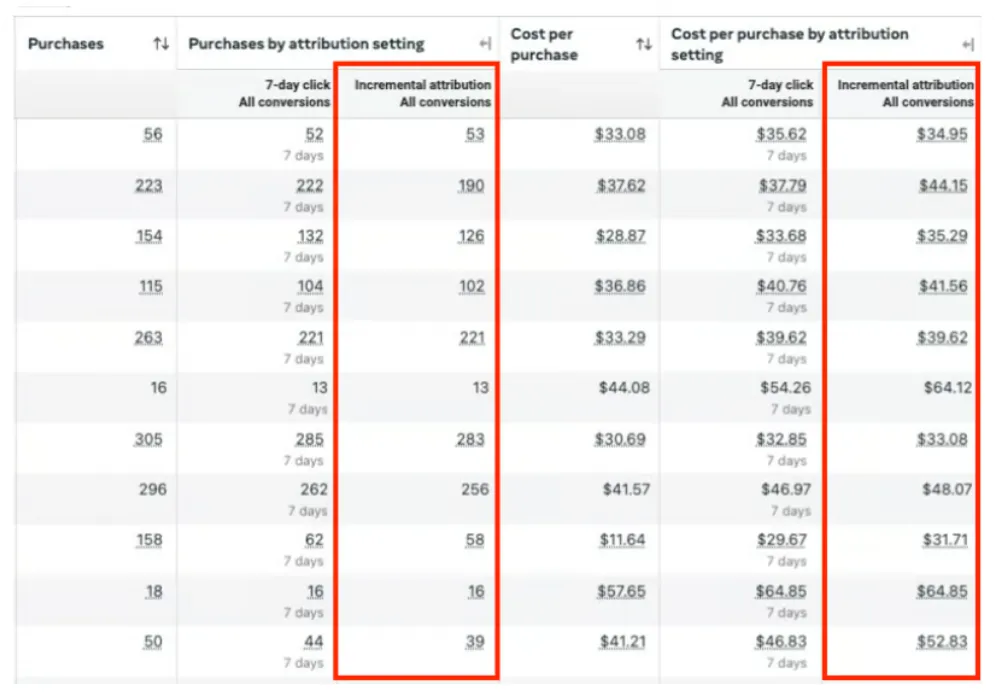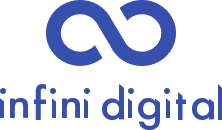To be honest, determining whether or not Meta ads are actually producing results is one of the most difficult tasks for marketers. Even when you run campaigns and observe clicks and conversions, the question of whether those sales would have occurred in the first place remains.
That’s the problem with most traditional attribution models. They either over-credit or under-credit ads, leaving marketers with a skewed picture of ROI.
That’s why marketers should pay attention to the new Meta ads feature called incremental attribution (IIA). Instead of just counting clicks, IIA measures lift, the conversions that only happened because of your ad. It’s like separating the noise from the real impact.
We can add a visual CTA here, sth like “You need help with Meta Ads? We run dozen of successful Meta ads campaign and we can also help you optimise yours!” (please refine this statement) There should also be a CTA button “contact us”
What Makes a Conversion Truly Incremental
Not every conversion tied to your ad is actually influenced by Incremental Attribution. For example, if someone was already planning to buy your product, that purchase isn’t incremental.
Incremental attribution focuses on the conversions that wouldn’t have happened without the ad. It separates “natural” actions from ad-driven ones, which gives marketers a clear picture of their Ad’s performance results. This way, you’re not only focusing on sales or sign-ups, you’re measuring the true impact of your ad spend.
%20.webp)
Why Rules-Based Attribution Falls Short
Most marketers are familiar with models like last-click, first-click, or linear attribution. They’re simple to understand, but that’s also the problem.
- Last-click gives all the credit to the final step, usually retargeting.
- First-click rewards the very first interaction, even if it didn’t seal the deal.
- Linear just spreads the credit evenly, whether those touchpoints mattered or not.
The problem is none of these models are made to measure actual influence or the Ads performance. They often overvalue retargeting campaigns, they can catch customers already close to buying but didn’t. In simple words it tends to retargeting the same audience which actually downplays the value of awareness campaigns. Which causes the marketers' budgets to get wasted on ads that look good in reports but don’t truly drive growth.
How Meta’s Andromeda Algorithm Improves ROI
Meta saw this huge gap in performance tracking and accuracy, so Meta introduced the Andromeda algorithm to solve this exact problem.
Here’s how it works:
- It uses machine learning to compare people who saw your ads (exposed group) with those who didn’t (control group).
- This shows you the actual “lift” in conversions caused by your ads.
- Gain a better understanding of which campaigns are actually benefiting you rather than just producing clicks.
With this knowledge, marketers can allocate funds to advertisements that actually improve business results.

How to Set Up and Test IIA in Ads Manager
Now, you might be wondering: “Sounds great, but do I need a data science degree to use this?” The answer is No, Meta has already built IIA testing into Ads Manager.
Here’s a simple roadmap which you can follow:
- Head to Meta’s A/B testing and conversion lift study features.
- Create clear test and control groups for your campaigns.
- Compare conversions between exposed and non-exposed users.
- Focus on incremental lift metrics, not just CTR or ROAS.
- Use these insights to refine your targeting, creative, and budget allocation.
Think of it as running an experiment. Over time, these tests will help you figure out which campaigns are actually worth scaling and which ones just look good on the surface.
.webp)
Final Thoughts
Attribution will probably never be perfect, it has always been tricky. But incremental attribution is one of the most reliable ways to measure Meta ROI today. Instead of chasing vanity metrics like clicks or inflated conversion numbers, IIA shows you the true value of your ads. With the help of Meta’s Andromeda algorithm, you can cut wasted spend, double down on what works, and make smarter decisions about ad strategies.
At Infini Digital, we see incremental attribution as a must-have for brands in 2025. If you need our help to set it up or you wanna learn more about our Socials Ads services, reach out to us.




%20(824%20x%20550%20px)%20(1).png)
.png)
.png)
.png)

.webp)
.webp)
.webp)
